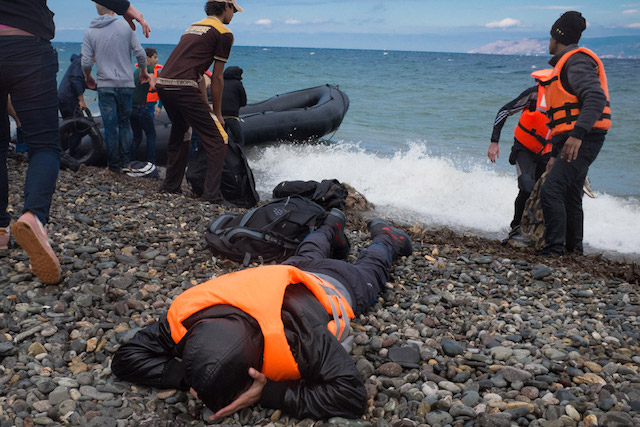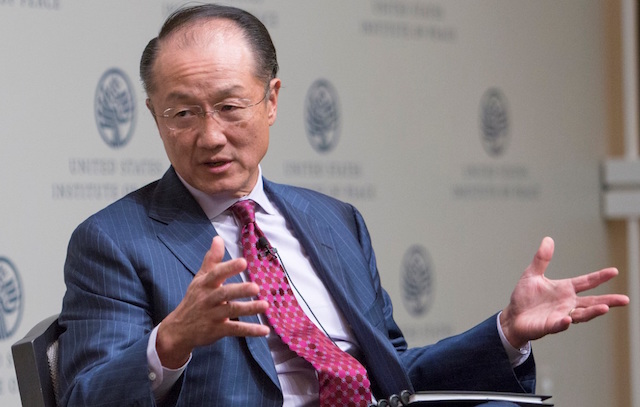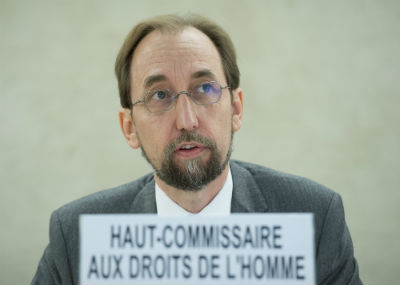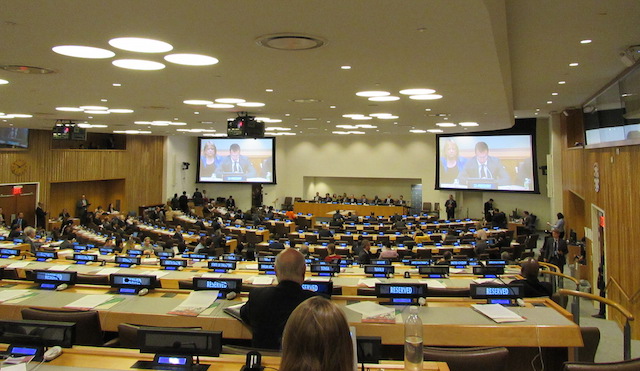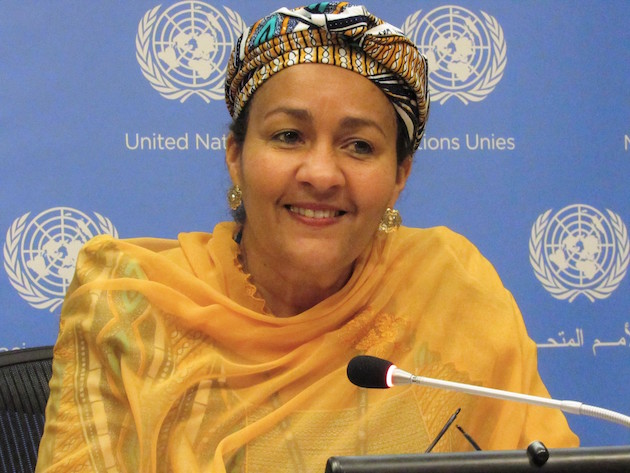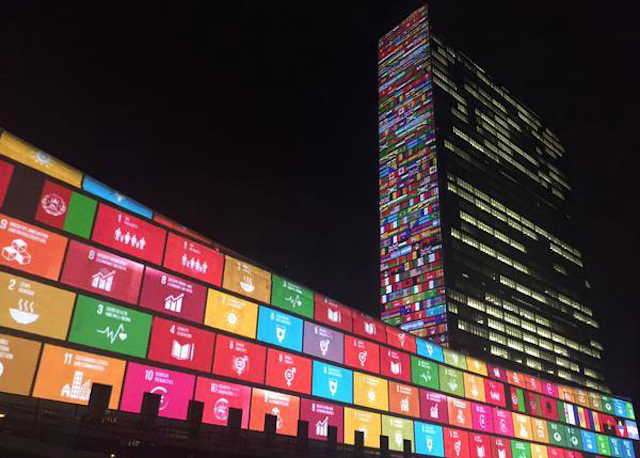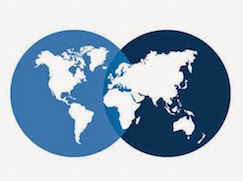By INPS* | IDN-InDepthNews Analysis
Washington DC (IDN) – An emerging-markets focused U.S. hedge fund that bought Peru’s 5.1 billion dollar decades-old military debts is threatening to sue the country.
Gramercy argues that the Peruvian government’s current repayment plan is inadequate and that if payments do not increase, it will sue Peru through a tribunal system embedded in the United States-Peru Free Trade Agreement (PTPA) that entered into force on February 1, 2009.


